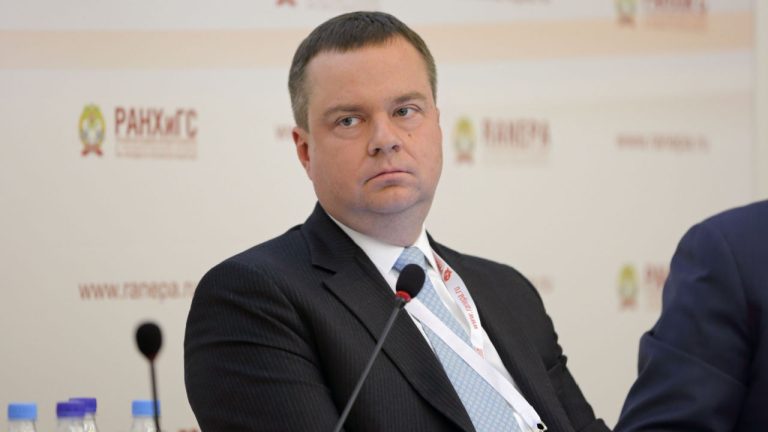
Cryptocurrency may be bad for investors but it can be useful in international settlements, according to a top government official in Moscow. Russian authorities intend to set up a special committee that would issue permits to operators employing crypto in foreign trade transactions, he indicated.
Russia Plans to ‘Experiment’ With Cross-Border Crypto Payments Amid Sanctions
Crypto assets can be used in certain scenarios, Russia’s Deputy Finance Minister Alexey Moiseev commented during an economic forum in Moscow. Speaking at the “Banks. Transformation. Economy. 2.0” conference, he was quoted by the RIA Novosti news agency as saying:
Of course, crypto is generally evil. I believe that people who invest their savings there take a very big risk … But there may be individual situations in which crypto can be used.
Moiseev made it clear he was referring to Russian foreign trade activities, which are currently restricted by Western sanctions. He also reminded that a draft law designed to regulate this matter is still under consideration in the State Duma, the lower house of Russian parliament.
“We’ll experiment … If the bill is adopted, a certain committee will be formed, including representatives of a number of ministries, the Bank of Russia and law enforcement agencies, which will give permission to individual operators to use cryptocurrency in foreign trade transactions,” the high-ranking representative of the executive power elaborated.
Alexey Moiseev suggested that the legislative process necessary to provide the legal basis for the trials will likely be delayed until the end of the year. Government officials and lawmakers have been debating various aspects of Russia’s regulatory approach toward cryptocurrencies for quite some time.
Differences between the Russian Ministry of Finance, with its more liberal views on the issue, and the Central Bank of Russia, which maintains a rather conservative stance on crypto regulations, impeded progress for months.
Since sanctions pressure on Russia increased following its invasion of Ukraine, however, they agreed “it is impossible to do without cross-border settlements in cryptocurrency,” as Moiseev revealed in September, last year.
At the same time, most state institutions are now against legalizing transactions with decentralized cryptocurrencies like bitcoin in Russia, except for the purpose of facilitating international payments under special legal regimes that are yet to be established.
Do you think Russia will try to bypass financial restrictions by using cryptocurrencies in cross-border payments? Share your thoughts on the subject in the comments section below.





